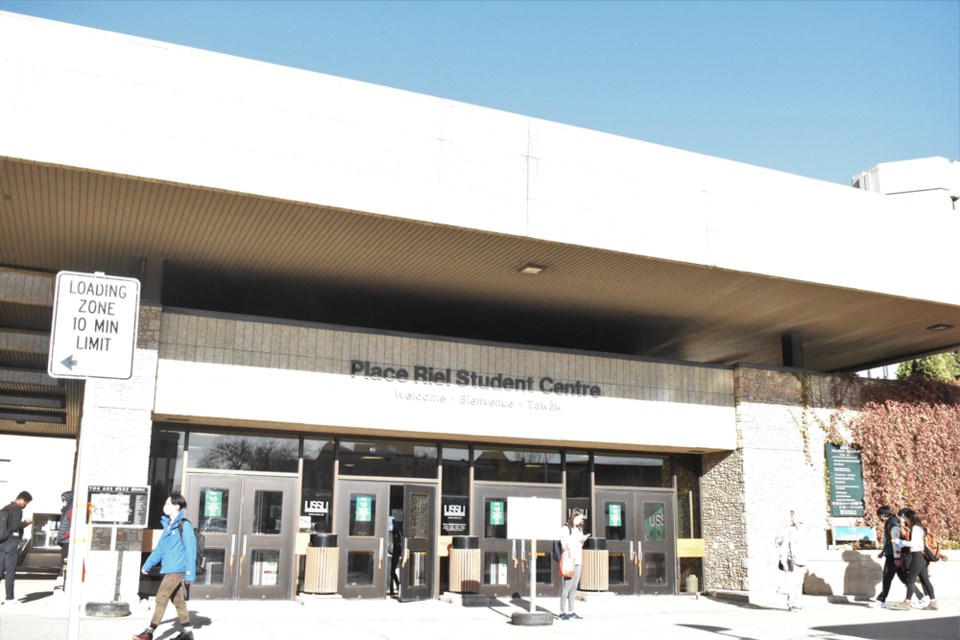SASKATOON — University of Saskatchewan will be making some changes in how they will be operating for the upcoming winter term, as officials are closely monitoring the rising trend of COVID-19 cases in the province and the entire country.
USask, through its Pandemic Response and Recovery Team, considers the Omicron variant of the virus a huge concern and may have a huge impact on how classes and operations in the campuses are done. The winter term begins on Tuesday, Jan. 4.
USask has sent an email updating all of its students and has also posted additional information on its website on what measures are being taken to protect the health of everyone and make sure the entire Huskies community remains safe in the ongoing pandemic.
“This is a rapidly changing situation, with Canada now experiencing record increases in daily COVID-19 cases, and cases similarly increasing here in Saskatchewan,” as stated on USask’s COVID-19 winter term update website.
The PRRT also informed, in its Dec. 21 email, that there’s a high rate of students, faculty and staff getting inoculated. This along with mandatory vaccination requirements for the coming term and continuously observing all health protocols would allow USask to slowly transition of increased campus activities for next year.
Staff and faculty at USask has a 99 percent vaccination rate while students who are vaccinated are at 98 percent.
“At this time, based on the most recent information and data available, we are currently maintaining our plans for increased on-campus activities, beginning in January, with a larger number of classes delivered face-to-face in the winter term,” as stated on USask’s PRRT’s email announcement.
“However, the omicron variant is emerging as a significant challenge in other parts of the country and if our situation worsens here in Saskatchewan as we approach the new year, or during the winter term, we will quickly pivot to changes in class delivery to ensure the safety of all students, faculty, and staff.”
It added how the different phases of the pandemic in the last two years had allowed them to plan changes to implement in holding cases for the winter term with protecting the integrity of learning outcomes and program requirements a top priority. Changes in holding classes will be temporary and in-person sessions will again be followed once sensible to do so.
Classes and programs will have a delayed start until Jan. 10, remotely learning will be followed by classes and programs, there will be a two-week remote class that will be in place up to Jan. 24, and details, if remote learning will shift to in-person classes, will be released to students and faculty immediately.
USask is also reminding the campus community that students and faculty that would attend in-person learning or reporting back to work for the winter term are required to show proof of full vaccination before January. They also stopped the option of submitting a rapid test result to gain access to the campus beginning Jan. 4.
“Being ‘fully vaccinated’ means receiving the last required dose of the COVID-19 vaccine at least 14 days prior to the start of the term. For those who are already considered fully vaccinated and have submitted their vaccination status through PAWS, there is no further action required at this time,” as stated in the email.
“Starting Jan. 4, if you are not fully vaccinated or choose not to upload your vaccination status, you cannot access USask campuses, workplaces, and facilities for any reason, including the PAC, Huskie games, libraries, dining facilities, and any building, office, and classroom. This requirement also extends to all vendors and contractors on our campuses and work locations.”
USask officials are in constant consultation with provincial public health officials and other experts on requirements of getting booster shots for next year. Additional information on booster shots will most likely be released by mid-January. They are strongly recommending campus community members who are over 18 years old to get a booster shot immediately.
For more information and updates on USask’s plans for the start of the winter term on Jan. 4, visit .


